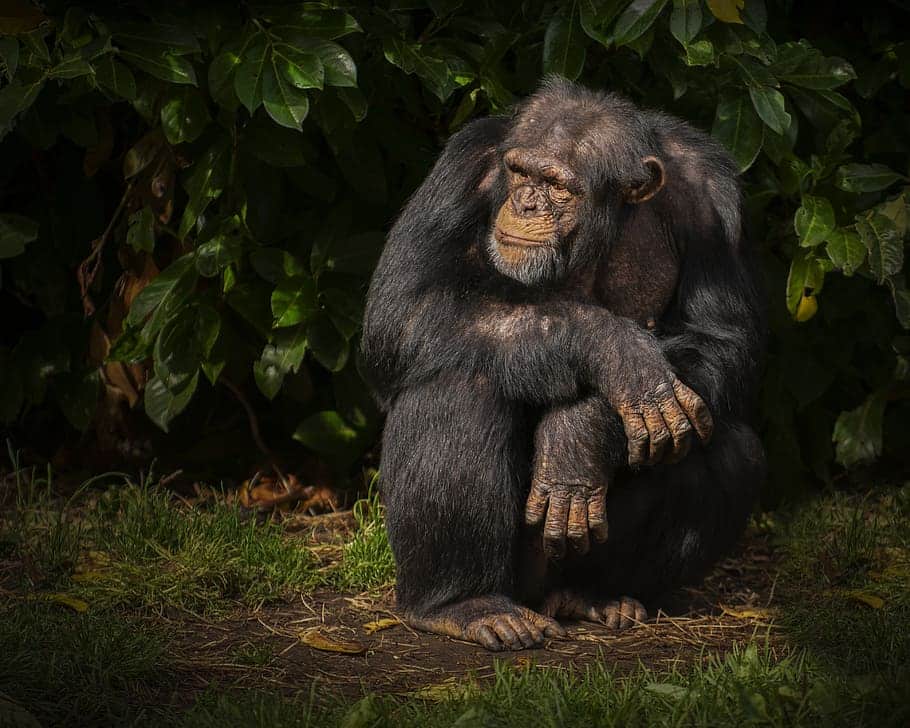In April 2022, initial sales of a single non-fungible token (NFT) collection were so outrageously popular that the Ethereum blockchain almost ground to a halt. Indeed, so hot was the mint, of just 95,000 NFTs, that transaction fees on the Ethereum block rose to as high as $43,000 per transaction, and totaled about $175 million. The sale was for a metaverse world called Otherside—and, as of May 2023, it still hasn’t launched in full yet.
Otherside is one of the latest collections from—as of April 2023—arguably the most popular NFT company, Yuga Labs. Yuga is best known for creating the Bored Ape Yacht Club collection, which, according to metrics site CryptoSlam, is the second most popular NFT collection after critter-battler Axie Infinity, and the most popular by recent trading volume.
You might have seen crypto traders and celebrities like Paris Hilton and Jimmy Fallon—at least in the recent past, when crypto still curried favor in polite society—fawn over the NFTs and use them as profile pictures on Twitter.
The 10,000-strong collection, launched in 2021 at the height of the NFT boom, has generated close to $2.8 billion in all-time sales and individual tokens continue to sell for a minimum of about 60 ETH (as of May 2023). For early investors who bought into the project at just 0.08 ETH, that’s an astronomical return.
But Yuga also bought the intellectual property rights to the third most popular NFT collection by all-time sales, CryptoPunks. What’s more, all BAYC holders are entitled to collect free NFTs from the fourth most popular collection, Mutant Ape Yacht Club, plus NFTs and fungible cryptocurrency related to the upcoming metaverse world, Otherside.
Other popular derivative projects include the Bored Ape Kennel Club, kind of like BAYC but with dogs. Combine all of these projects and you have by far and away the most successful NFT company in crypto’s short and troubled history.
Who Created Yuga Labs?
Yuga Labs’ founders were initially shrouded in mystery when the company launched in early 2021. The company was led, in true crypto fashion, by a pair of pseudonymous developers, one of whom went by the moniker Gordon Goner and the other by Gargamel. The duo hired two software engineers: Emperor Tomato Ketchup and Sass.
The company’s first mint was the Bored Ape Yacht Club, a collection of 10,000 miserable-looking cartoon apes that launched in April 2021. Some wear shades, others wear funny hats, and yet more are simply distinguished by the color of their fur. The project was immensely popular at launch, and the company in 2021 brought in $127 million in revenue, according to NFT Now.
In February 2022, Buzzfeed published an article that controversially revealed the identities of, or “doxxed,” the founders of BAYC. Gargamel, it turned out, was a 32-year-old writer and editor from Miami named Greg Solano, heretofore best known for publishing a book on World of Warcraft. And Gordon Goner was actually Wylie Aronow, a 35-year-old from Miami. In January 2023, Aronow stepped down from Yuga because of problems with his heart.
The revelation that Yuga Labs was run by a duo of soft-spoken hipsters did, at least, help quash allegations that the Bored Ape designs were rife with neo-Nazi iconography. (The author of those allegations, former Kanye West collaborator Ryder Ripps, was ironically sued by Yuga Labs in early 2023 after launching a collection of NFTs that were uncannily similar to Bored Apes. Ripps, for his part, claimed the similarities were a deliberate satire.)
In March 2022, Yuga launched a fungible currency called ApeCoin, and with it the ApeCoin DAO. The decentralized autonomous organization counted Reddit cofounder Alexis Ohanian and Animoca Brands chair Yat Siu as founding members, but board membership changes every six months. The DAO is separate from Yuga Labs, which is a regular company run by a CEO. In March 2023, the role of Yuga’s CEO was assumed by Daniel Alegre, the former president of beleaguered video game company Activision Blizzard.
It should be noted that despite Yuga’s dominance, the fate of the NFT market is far from certain. In October 2022, the U.S. Securities and Exchange Commission started investigating Yuga for securities violations. But apart from potential regulatory trouble, the company might have a larger problem on its hands: do people still care about NFTs?




